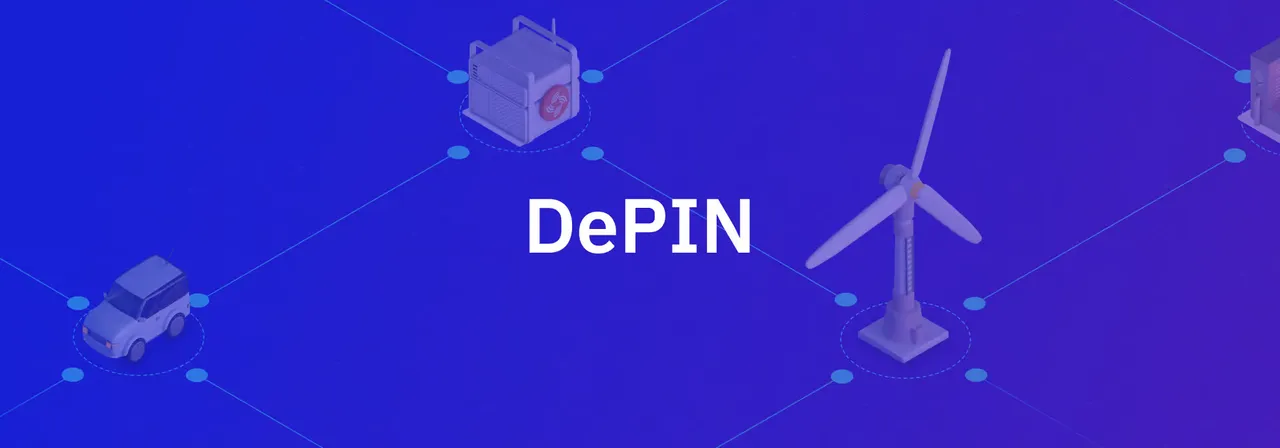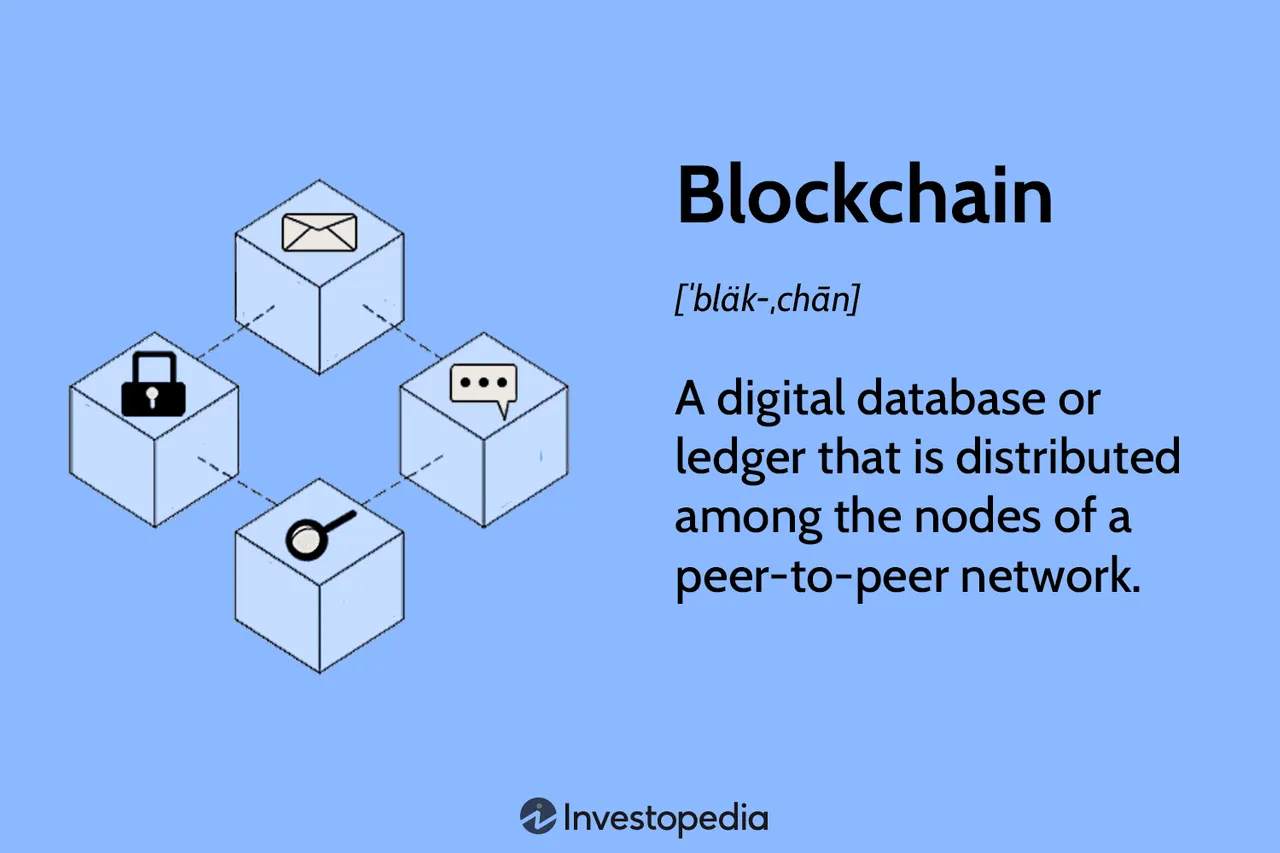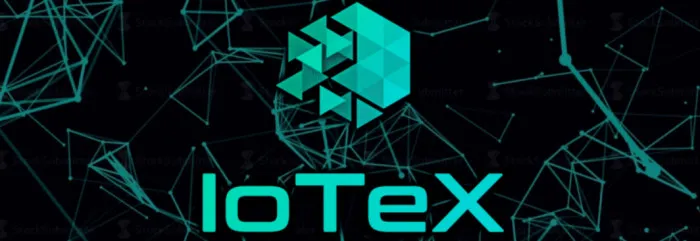
The cryptocurrency and blockchain realm is a dynamic landscape where new trends emerge regularly, promising to reshape our lives. From the advent of modular blockchains like Celestia to advancements in artificial intelligence and the introduction of novel tokens like ERC 404 for hybrid NFTs, these innovations represent just a glimpse of what's already happening or on the horizon.
However, let's delve into a newer movement that has been active for several months but is now gaining renewed attention for its ability to leverage existing resources fairly and without intermediaries. This movement is known as DePIN, short for Decentralized Physical Infrastructure Networks.
So, what exactly is DePIN? It can be defined as a manifestation of the Sharing Economy applied to physical infrastructures, encompassing internet networks, Wi-Fi hotspots, and energy grids. DePIN networks are built or managed in a decentralized manner by individuals and companies globally, with the aim of universal access.

Participants offering their infrastructure, whether it's Wi-Fi connections or computational power from their PCs, receive compensation in the form of blockchain tokens. Tools like DePINscan provide developers with online maps and dashboards, offering data-driven insights to the entire DePIN community.
DePIN represents an evolution of the Sharing Economy concept, addressing its shortcomings by fostering fairness and inclusivity for individuals and businesses involved in network construction. For instance, Drife, the DePIN counterpart of Uber, operates similarly but without a centralized entity siphoning earnings. Instead, everything is managed via blockchain, ensuring drivers receive their full compensation in project tokens and have a say in platform governance.

When cryptocurrency and blockchain intersect with the physical world, significant changes occur. While blockchain has disrupted various sectors like decentralized finance (DeFi) and gaming, physical infrastructure has remained largely unchanged, dominated by centralized entities with monopolistic control.
Enter DePIN, offering advantages over traditional infrastructural networks by incentivizing contributors, fostering collective ownership, and reducing costs through shared resources. Its decentralized nature makes it less vulnerable to corruption and hacking, while also opening up markets previously dominated by a few players.

Many of our possessions and daily activities hold untapped value. DePIN projects aim to unlock this value by utilizing blockchain technology, token incentives, and the internet's power. For instance, driving time can be monetized through data collection devices, and excess energy can be contributed to projects like Daylight Energy, earning project tokens in return.
In the context of cryptocurrencies, DePIN represents an emerging sector with immense growth potential, aiming to build better networks across various large-scale sectors like telecommunications, energy, mobility, and storage. While the real-world economy is valued in trillions, the addressable market for DePIN is substantial, projected to reach trillions by 2028.
These projects seek to address real-world problems by leveraging blockchain technology, token incentives, and internet capabilities. IoTeX, with its W3bstream middleware, plays a crucial role in powering these projects by connecting smart devices and their data to blockchain smart contracts, serving as a real-world oracle for DePIN projects.